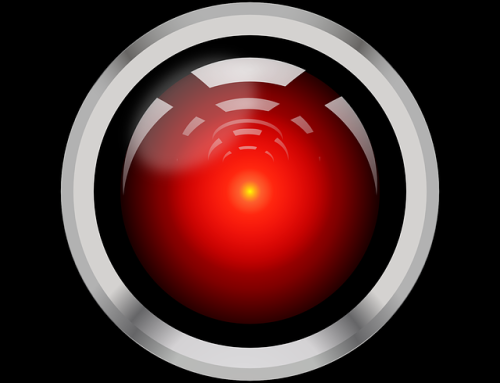 How a Specialty EHR System Affects Patient Experience
How a Specialty EHR System Affects Patient Experience
Customer experience is a big deal for businesses today, which is only natural. A business can’t survive without its customers, so it’s to their benefit to offer the best possible experience for their patrons. However, it’s a bit different in the world of medicine. A patient generally has little choice in which doctor’s office or a hospital, and furthermore, most people in need of medical care are not at their best – physically and emotionally. It’s the duty of the medical professional to not only care for the physical needs of the patient, but to monitor their emotional state because state of mind can have a big effect on the state of the body.
In short, the patient experience in a medical setting is every bit as important as customer experience in a business situation, if not more so.
EHR
Electronic health records (EHR) have become a big part of patient care in recent years, for general practitioners and specialists alike. One group of specialists, ophthalmologists, report 75 percent usage of EHR among their practices. Since so many ophthalmology patients are elderly, the Medicare management features of EHR are particularly useful in that field.
Medicare applies to virtually all medical offices in some manner, but that’s not the only use of EHR, which is generally built for general practice. How does this affect the specialist and their patients?
Standard EHR can have a “one size fits all” kind of philosophy. Unfortunately, with so many specializations in the medical field, the standard size can be an ill fit for the specialized, resulting in a slowdown when it comes to the administrative side of the job. SpecialtyEHR eliminates that difficulty because it’s specifically tailored to the needs of a particular type of practice.
A specialist using standard EHR can really suffer from a decreased patient experience, thanks to reduced customer service. Specialized EHR also comes with specialized support, so you can be sure your practice has people behind it who understand the unique challenges of your field of medicine, whatever it may be.
In short, the patient experience should be the main focus at all times, and if your EHR is not particularly suited toward your specialty, then the patient experience will suffer.
Is There an EHR System for Me?
There are a great many specialties when it comes to medicine, but fortunately, there is an EHR program for you in virtually every field of practice. The following are some fields of specialty that might apply to you, to better enhance the patient experience in your practice.
- Cardiology:Like all specialties, cardiology has its own specific conditions, exams, and reports. EHR specifically made for cardiology covers all these and more. Results like EKG tests can be stored directly in the patients’ records and neatly categorized for easy reference so that the important details of a patient’s condition are easily called up and read.
- Oncology: A cancer diagnosis is unique to every patient, even disregarding the many different types of cancer an oncologist might deal with in the course of his or her career. Specialized EHR can allow for extremely personalized documentation of each patient’s precise condition, the current course of treatments, and the patient’s progress in the current treatment regimen. Imaging can be attached easily to records, and chemotherapy can be prepared with a few clicks of the mouse.
- OB/GYN: A specialization as wide-ranging as OB/GYN definitely deserves its own specific software. The right EHR can provide this with space given to ultrasound images, a complete history which includes genetic, family, and obstetric information, test results that travel instantly from the laboratory to the doctor’s office, prenatal details, and more.
- Pediatrics: Children have different medical needs than adults. Standard EHR can miss important details that a pediatric record system needs. Growth charts, family profiles, and developmental documentation are just a few of the necessary additions to pediatric EHR.
The Right EHR for Your Practice and Your Patients
At the core of any medical transaction lies a great deal of information. Each patient, each condition, each treatment has a wealth of details, none of which can be ignored or overlooked. When something important is missed in the record process, it can gravely affect the patient experience, whether it leads to further physical complication or inaccurate billing.
Specialized EHR and EMR go a long way toward avoiding all of that by allowing medical professionals to focus on the details most important to their particular practice, so every patient gets the care they need and deserve. Your practice — and your patients, will definitely notice the difference.
**
Shariq Toor is Content Strategist and Outreach Expert working with the health information management professionals at OmniMD. He loves discovering the latest trends in Technology, Social Media, and Health. In his off time, he practices landscape photography and keep up with his favorite sports. Follow him on Twitter at @Shariqtoor






